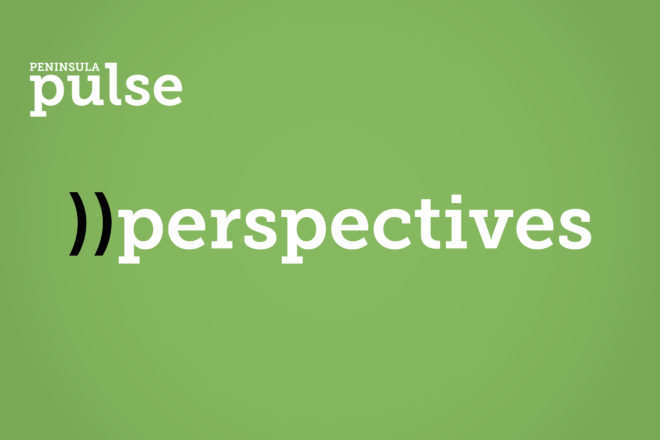Editor’s Note: A Labor Day Reflection on Quiet Quitting
- Share
- Tweet
- Pin
- Share

A needful nod to the Labor Day weekend that’s upon us, a time that feels like a slamming shut of summer for some. Not for those, perhaps, who live here. It’s still warm, still sunny, and the beaches, restaurants and shops remain open, even while the kids are back in school.
We spend the first couple decades of Septembers returning to new school years, new subjects, new teachers, new classmates. The synapses have connected, the neural pathways grooved into the brain. For me, September is a month of new beginnings – a golden, in-between month – and Labor Day weekend a nice, long kickoff to celebrate.
That’s not where Labor Day originates, of course. It comes from the workingpeople’s climb out of the primordial ooze of America’s Industrial Revolution. Of their leaving behind the long hours, unsafe working conditions, starvation wages. The scenes conjured by historical accounts of those late 1800s seem ripped from the pages of a Charles Dickens novel, complete with child laborers, their ribs visible beneath tattered clothes.
We’ve come a long way, baby.
For some, perhaps not long enough. The pendulum is still swinging. A subset of our youngest generation of workers – who knows how many – is relating to a different workplace concept that’s been codified by Tik Tok as “quiet quitting.” The social-media platform didn’t create the concept; it simply named what people felt, therefore making it real.
The phrase may be confusing because it doesn’t mean employees are actually quitting. It means – there is no “definition” yet, so this is my take – they’re still working without the hustle-culture mentality. They aren’t emotionally invested in the work they do to “make a living.” They do what they’re hired for, and when their workday is done, so are they. No overtime, no working off hours without pay, no joining committees or mentoring or coaching, and no even thinking about ways to do their jobs better so they can show they’re ready to take on more responsibility or are interested in playing a larger role within the organization.
There are a couple of ways I look at this. Perhaps workers are taking control of their situations during favorable conditions. It’s a worker’s market, after all. Employees have options like they haven’t had before.
I also don’t think it’s a bad thing to evaluate our relationships with work and how it feeds us – whether literally only, or with some emotional, social or spiritual fulfillment as a component.
The concept could also be a warning sign. If an essentially meaningless term such as “quiet quitting” can go mainstream, it means a good chunk of our youngest workers are feeling pretty hopeless about the work they do to pay the bills. Working long and hard and “going the extra mile” used to equate to higher pay, more responsibility, a chance to achieve fulfillment through a sense of accomplishment and have an impact on the workplace.
Maybe quiet quitting’s response to all this is, bull. Perhaps they don’t see any evidence of those rewards. Perhaps they see only the staggering wealth inequality in this country and know their chances at “making it” are pretty dismal. Perhaps their role models are their parents and grandparents, still living paycheck to paycheck, their dream of a comfortable retirement long faded, despite having hustled and worked hard their whole lives.
This is speculation at this stage. We don’t know what a growing quiet-quitting attitude portends. But I do believe the concept should be studied before it’s outright rejected as a passing trend – perhaps in honor of Labor Day.


